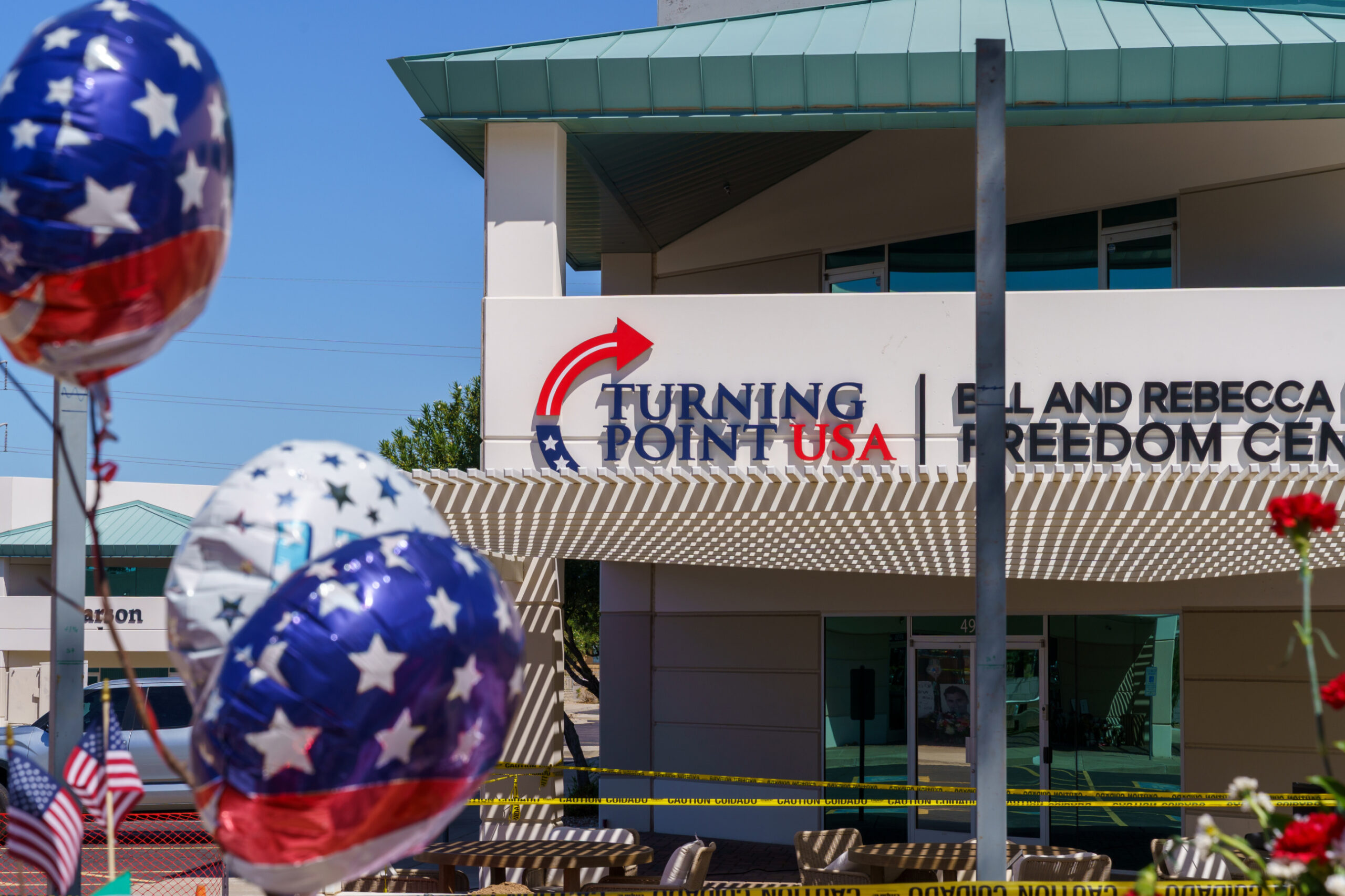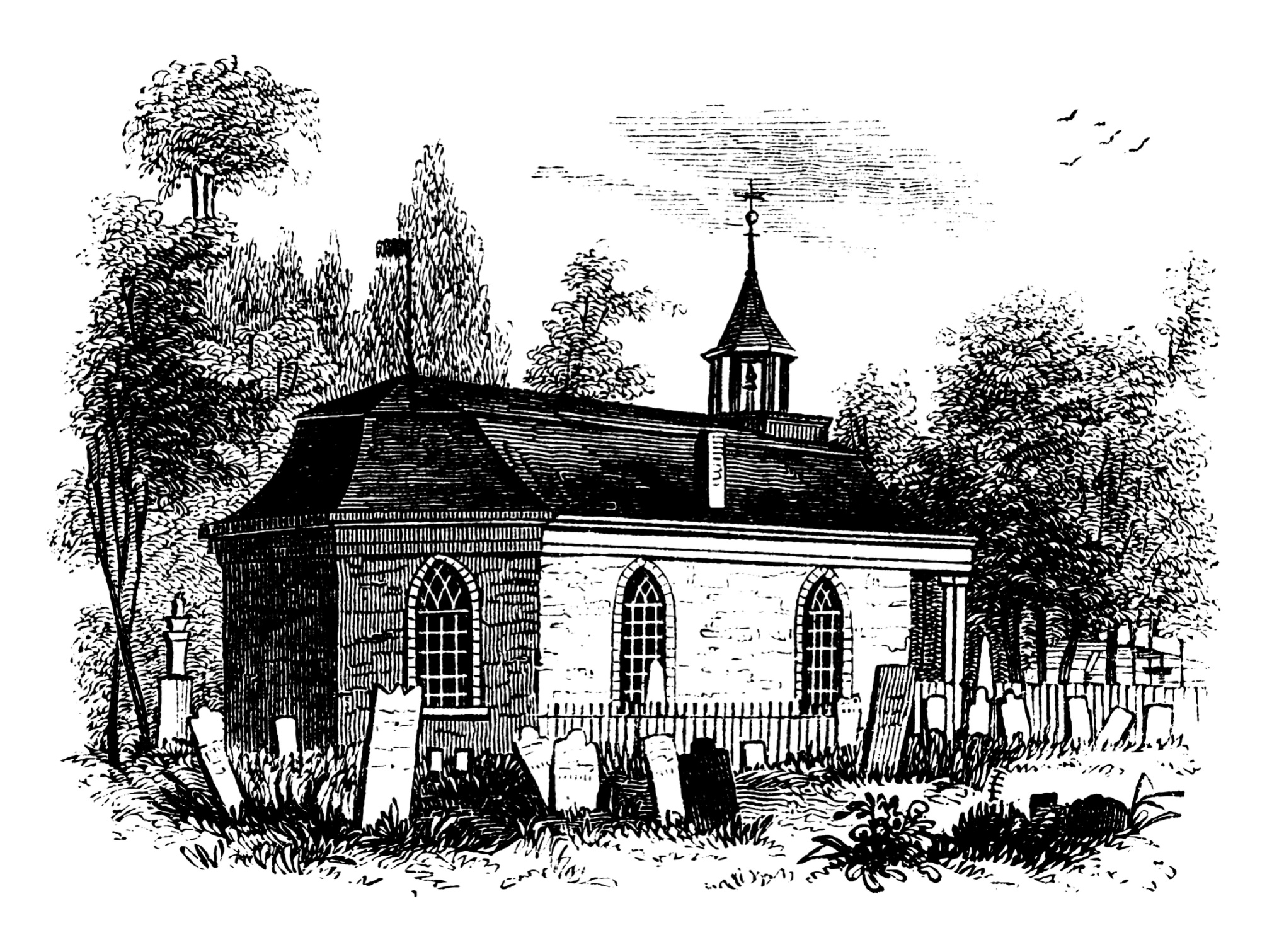“Happy Warrior” Remembered: Georgia Leader Reflects on Charlie Kirk’s Life

The news of Charlie Kirk’s death has shaken communities across the nation, from local supporters in Georgia to young Americans nationwide who were inspired by his work. Last week, Georgia Senate Majority Leader Jason Anavitarte issued a statement reflecting on the life, influence, and lasting legacy of the conservative activist and founder of Turning Point USA. His words captured both the grief felt by many and the commitment to continue the mission that Kirk so passionately championed.
In his remarks, Anavitarte spoke from the heart, calling Kirk’s death “an act of horrific evil” and extending prayers to his family, including his wife, Erika, and their two children. “My heart goes out to his family,” Anavitarte said, noting the profound personal loss that comes when a father and husband is taken from his loved ones far too soon. It was not only the tragedy of the moment but the broader implications for civic discourse and public life that made Kirk’s passing especially poignant.
Anavitarte described Kirk as a “happy warrior,” a man whose energy and optimism inspired people—especially young people—to think deeply and engage in civic life. Kirk’s unique ability to communicate complicated ideas in accessible, compelling ways made him a fixture on college campuses, in media interviews, and at political conferences. For Anavitarte, this ability was more than a talent; it was a calling that met a real need in America’s public square. “He emphasized the need for young people to learn HOW to think,” Anavitarte noted, underscoring a theme that Kirk returned to again and again in his speeches and writings. In a time when education often emphasizes rote memorization or conformity of opinion, Kirk sought to cultivate independent thought, debate, and critical reasoning.
The Majority Leader’s statement also extended beyond Kirk’s immediate family to include the broader Turning Point USA community, which has grown into one of the most prominent youth political organizations in the country. Addressing the staff and students at both the state and national levels, Anavitarte pledged solidarity: “We will lift you up in prayer, we grieve with you, and have your back.” His words reflected not only his personal grief but also a recognition of the shockwaves running through an organization that Kirk himself founded and led.
Anavitarte’s reflections carried a strong forward-looking message as well. He made clear that the work Kirk began would not end with his passing. “Our Senators will do everything in their power to ensure the legacy of Charlie lives on,” he promised, adding that young people must continue to have the freedom and opportunity to engage in debate and step into leadership. For Anavitarte, preserving Kirk’s legacy means more than remembering a man; it means continuing the struggle for freedom that Kirk believed was central to the American experiment.
Kirk’s influence in Georgia was particularly strong, with Turning Point USA establishing active chapters on college campuses throughout the state. He often traveled to Georgia to speak with students, energizing audiences with a message of personal responsibility, free markets, and faith. For many young people, these encounters were formative, sparking an interest in civic participation and public service. Anavitarte’s commitment to “fight for freedom in America” echoes Kirk’s mission to encourage the next generation to take ownership of the nation’s future.
The statement concluded with a blessing—“God bless”—which reflects both the spiritual dimension of Kirk’s own message and the deep sense of loss felt by those who knew him. To many, Kirk represented not just a political figure but a voice of conviction, resilience, and passion. His sudden passing has left a void that will not be easily filled.
While his death is a moment of mourning, it is also a moment of reflection on what it means to carry forward a legacy. As Anavitarte emphasized, Charlie Kirk’s life was marked by a commitment to teaching others how to think, not what to think. That principle, now more than ever, may be the guiding light for those determined to honor him—not with silence, but with continued action, debate, and the pursuit of freedom.
RECENT










BE THE FIRST TO KNOW
More Content By
Think American News Staff











